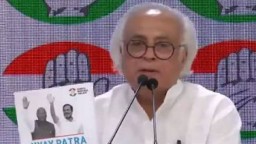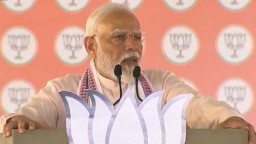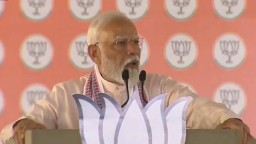Latest News
WEB 3 ARE YOU FUTURE READY?
.jpg)
Researches have shown that an average Indian is spending approximately 5 hours online everyday, out of which 30% of the times they are uploading content. This fact emphasizes the era of Web 2.0 where companies (mostly social media apps) develop and provide products and services in a centralized manner.
Google provides content based on your geography, which is a testimony to its design and the fact that they track everything. Hope you don’t believe that you own your IG content! It might be shocking to you that Facebook owns everything on the platform, and they have complete control of all the content there. So if they want to ban you or block you, they will do it instantly. Moreover, no Gamer worldwide owns their in-game assets!
The clash between ownership rights has been going on for a decade, and the Netflix documentary “The Social Dilemma” highlighted this very well. Hence the birth of new alternatives: Web3 which is more democratic, where the internet or virtual worlds merge and integrate into our lives empowering us to interact seamlessly
In my opinion, Web 3.0 is a concept for the next generation of the internet. Evolving users are able to control, own and monetise their online content, digital assets and identities. Their creativity will have no bounds and connect no limits.
I’m sure you’ve heard of Bitcoin! It was introduced in 2008 and designed as a pioneer in decentralized cryptocurrency and digital payment system without the need for central banks or trusted intermediaries. All transactions were based on the Blockchain technology that was introduced in a white paper as the digital ledger for managing and certifying the validity of bitcoin.
Blockchain technology has enabled users to interact with online services governed by peer-to-peer networks. Which essentially means a decentralized network of computers instead of the server of a single entity. In such a setting, users can own their data and have permissionless transactions without any interference, along with the full control of digital identities and how and when data is shared or returned to users through their private keys.
Over the years blockchain has transcended its original objectives, and has evolved in two major directions. On one hand it continues to focus on blockchain as the underlying platform for bitcoin, thereby becoming a platform for the large number of cryptocurrencies, digital tokens and on the other hand, it is focused on the use of blockchain as a trusted distributed data base for private and public sector applications involving multiple institutions, such as supply chains, financial services and healthcare.
Over the past few years, Web 3.0 has been given a number of delphian descriptions, ranging from ‘the new age of the internet’ and ‘the semantic web’. It has left everyone bewildered and confused to wonder what exactly is it and how will it work? Why should business leaders be thinking about it now?
Let’s take a look at the timelines…Web1 was the original Internet and the World Wide Web of the 1990s and early 2000s. It was primarily focused on publishing and accessing information on web pages using open protocols like HTTP. Soon after came Web2 in 2005, it defined the next phase of the Internet by giving its users the ability to create and publish their own content through blogs, personal websites and social media platforms like YouTube, Facebook, and Twitter. However, most of this activity became dominated and monetized by a small number of global companies.
There are various views floating around on what Web3 is all about! Some critics view it as a hype, a rebranding effort to shed some of the cultural and political baggage of crypto. And others believe that it is a dystopian vision of a pay-to-play internet, in which every activity and social interaction will become a financial instrument - to be bought and sold. A freedom that no one has seen before and will democratize the whole mindset of using the Internet. A blockchain based network that will usher in a more open, entrepreneurial Internet and a middleman free digital economy.
I think Web3 is here to stay and with the power of earning your own dime without any regulation will make it more popular over time. So either we can embrace the change or be obsolete, there are enough case studies to prove on how Web3 will soon be a significant component of our overall digital strategy. Regardless of the industries, organisations will have to adapt most efficiently to remain competitive and profitable.
THE VIEWS EXPRESSED BY THE AUTHOR ARE PERSONAL
DR Divya Jaitly The writer is a TEDx Speaker, Integrated Communication Specialist, Leadership Mentor, Public Speaking Coach, Image Consultant& Renowned TV Anchor in India




.png)
.png)
.png)
.png)
.png)
.png)






.jpg)



.png)
